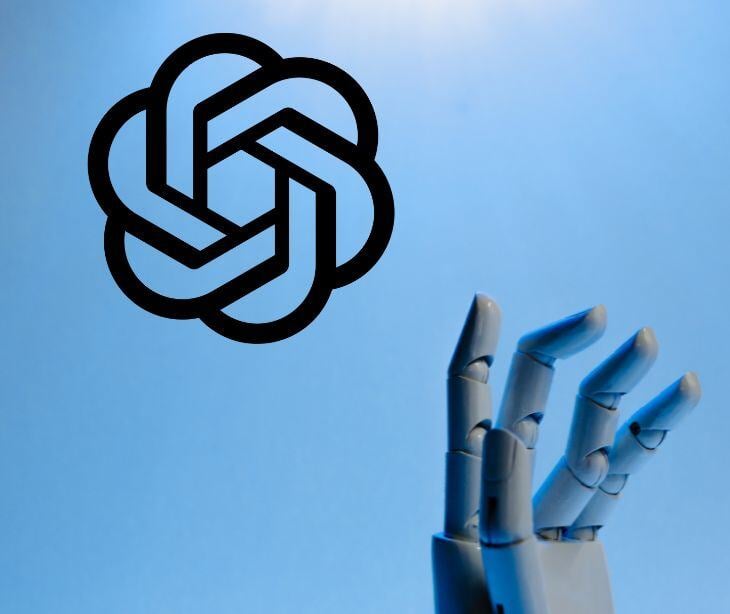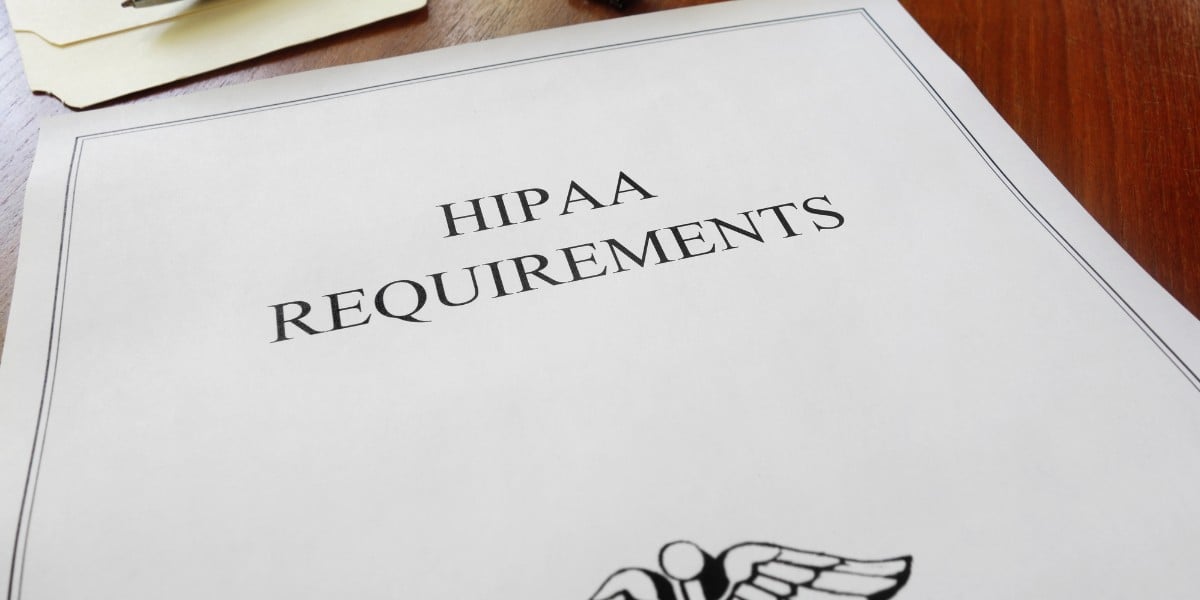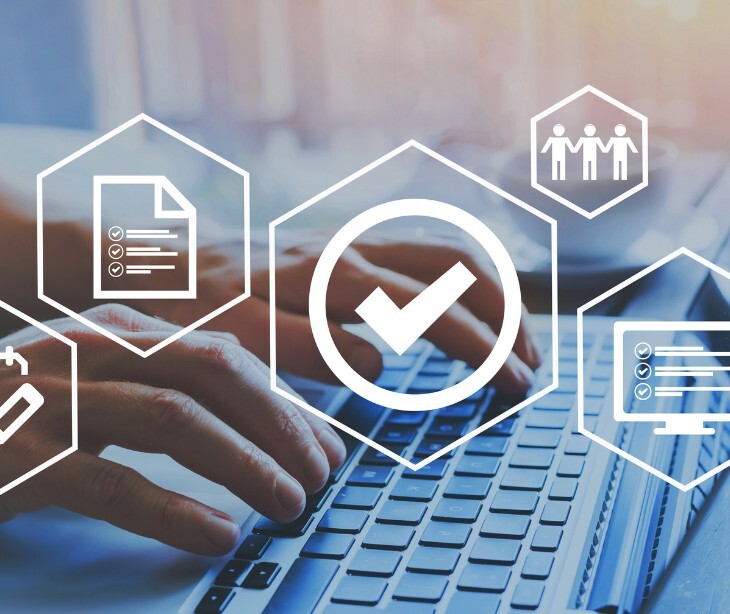
According to an article, ChatGPT for healthcare services: An emerging stage for an innovative perspective, “ChatGPT assists healthcare personnel with routine chores like report generation and transcription of medical records. Healthcare providers might save time and concentrate on other crucial duties, including patient care, by automating these procedures using ChatGPT.
Furthermore, “It may lessen the possibility of medical record inaccuracies, which might harm patients. To make medical reports and other documents like clinical trials more understandable for patients and healthcare professionals, ChatGPT may be used to summarise them. ChatGPT may translate medical texts from one language to another, facilitating communication and aiding in comprehending crucial information between patients and healthcare providers.”
Applications of ChatGPT in healthcare
As researchers Montazeri, Galavi, and Ahmadian note, "If implemented correctly and appropriately, CHATGPT has the potential to accelerate innovation in healthcare." This observation captures the potential of AI in medical settings.
ChatGPT for healthcare services: An emerging stage for an innovative perspective provides key applications of ChatGPT in healthcare:
- Educate Patients: ChatGPT can provide patients with detailed information about health conditions, medical procedures, medications, and dietary adjustments, empowering them with knowledge to make informed treatment decisions.
- Clinical Studies: Assists in data gathering, helps patients understand clinical trials, and can interpret patient symptoms by learning and mapping language to medical terms.
- Remote Patient Monitoring: Enables medical personnel to track patient health remotely, send medication reminders, and alert healthcare providers about changes in patient conditions.
- Accessing Health Information: Serves as a virtual assistant providing instant, accurate, and multilingual information about symptoms, medical procedures, and medications.
- Medical Suggestions and Counseling: Offers personalized medical advice based on patient symptoms and medical history, helps in making informed health decisions, and assists in translating medical terminology.
- Appointment Scheduling: Allows patients to easily schedule doctor appointments by providing available time slots and managing booking processes.
- Symptom Identification: Acts as a symptom checker, asking patients about their symptoms and providing potential diagnoses and next steps.
- Medication Reminders: Helps patients adhere to prescription schedules by sending reminders and providing information about side effects and drug interactions.
- Personalized Treatment Plans: Can develop individualized treatment programs by analyzing a patient's medical history, symptoms, and specific needs.
- Digital Assistant for Doctors: Assists physicians by collecting and organizing patient data, enabling quicker patient care assessment.
- Enhanced Communication: Reduces healthcare personnel workload by handling patient inquiries and automating communication processes.
- Diabetic Patient Support: Provides personalized assistance, meal planning, and motivational support for diabetes management.
- Medical Information Access: Offers rapid access to the latest medical research and treatment recommendations for healthcare professionals.
- Insurance Claim Assistance: Helps doctors quickly draft and respond to insurance claims, saving time on administrative tasks.
- Mental Health Support: Can aid in diagnosing mental health conditions, providing personalized therapy support, and helping individuals understand their thoughts and feelings.
- Keeping Patients Informed: Translates complex medical records into understandable language, provides answers to common medical questions, and keeps patients updated throughout their treatment.
Balancing benefits and challenges
Advantages of ChatGPT in healthcare
ChatGPT in Healthcare Writing: Advantages and Limitations stated that, ‘Recent studies have demonstrated that ChatGPT can deliver appropriate and relevant responses to a broad array of questions, surpassing previous models in both accuracy and efficiency. Furthermore, ChatGPT has proven its capability to produce coherent and well-structured text, which is beneficial for tasks such as content creation and summarization. In healthcare writing, ChatGPT offers significant opportunities, including enhanced data gathering and analysis, enhanced communication and accessibility, and support for researchers across various medical research domains.”
Additionally, “ChatGPT’s advantages include natural language generation and scalability, which facilitate meaningful conversations and rapid processing of requests. However, these capabilities also result in a high volume of conversations being managed simultaneously by the system. Overall, ChatGPT boasts benefits such as efficiency, effectiveness, compatibility, exceptional accuracy, cost-effectiveness, content production, and text translation.”
Challenges and limitations
ChatGPT in Healthcare Writing: Advantages and Limitations explains that ChatGPT has some important limitations that users should understand. The AI tool sometimes struggles to truly understand human emotions, which can make conversations feel cold or impersonal. It may give responses that seem robotic or fail to show real empathy. Additionally, the information ChatGPT provides can be biased or inaccurate because it depends entirely on the data used to train it. This means the AI might not always give completely reliable or nuanced information, especially when dealing with complex or specialized topics.
It further states that professionals in fields like healthcare are exploring how to use tools like ChatGPT effectively. While some people are worried about over-relying on AI, others see it as a helpful assistant that can support human work, such as providing initial drafts or helping with editing. The goal is not to replace human thinking, but to create a helpful tool that can make certain tasks easier and more efficient.
Risk mitigation strategies for AI in healthcare
The NIH article, How to Mitigate the Risks of Deployment of Artificial Intelligence in Medicine?, provides strategies for healthcare organizations to reduce risks associated with AI implementation:
- Increasing AI literacy for medical professionals and administrators. This involves systematic training programs that go beyond technical knowledge to include critical thinking about AI's role in healthcare, ensuring stakeholders can effectively and responsibly interact with generative AI technologies.
- Implement participatory management, a collaborative approach involving diverse stakeholders—including AI experts, healthcare professionals, ethicists, lawyers, and patient representatives.
- Address potential biases carefully. This means making sure representation across different demographics, socioeconomic groups, and populations to prevent AI systems from perpetuating or amplifying existing healthcare inequities.
- Manage hallucination and misinformation risks, generative AI systems like ChatGPT can produce convincing but inaccurate information. Healthcare institutions must develop verification processes, encouraging a skeptical approach that treats AI-generated content as a supplementary resource rather than an authoritative source.
- Clear guidelines must be established to define appropriate AI use in medical education, research, and clinical documentation. This includes developing advanced plagiarism detection mechanisms and creating ethical frameworks that prevent misuse while allowing constructive AI integration.
- Governmental and institutional bodies should create regulations governing AI use in healthcare. This includes establishing independent review mechanisms, ensuring transparency, and developing continuous monitoring systems to track AI system performance and potential risks.
- Data protection protocols are necessary to safeguard personal health information. Techniques like federated learning and distributed data models can help protect patient privacy while allowing AI systems to learn and improve.
HIPAA compliance strategies when using ChatGPT
- De-identification of protected health information (PHI): Remove identifiable information by stripping all personally identifiable patient data before AI processing. Use anonymization techniques to apply advanced methods that ensure data cannot be traced back to individual patients.
- Secure data transmission: Utilize encryption to protect data throughout the entire transmission process. Ensure secure API connections to prevent unauthorized access. Maintain audit logs to track AI interactions and monitor access.
- Business associate agreements (BAA): Partner with AI providers offering HIPAA compliant services. Establish clear contractual obligations for data protection, defining each party’s responsibilities. Conduct regular compliance audits to verify ongoing adherence to security standards and best practices.
- Access control and user authentication: Implement role-based access to limit data exposure based on job responsibilities. Assign unique user credentials to ensure accountability for each user. Enable activity tracking to monitor and record user actions, and create granular permission levels to control data handling rights.
- Regular security assessments: Conduct periodic risk assessments to identify vulnerabilities and strengthen defenses. Continuously update security protocols in response to emerging threats. Train staff on best practices for AI interaction and data protection. Develop comprehensive incident response plans to handle security breaches effectively.
Related: A quick guide to using ChatGPT in a HIPAA compliant way
Case study: ChatGPT vulnerability CVE-2024-27564 in healthcare cybersecurity
Background
In 2024, a vulnerability in ChatGPT (CVE-2024-27564) emerged as a threat to healthcare organizations, exposing the potential risks of AI technologies in sensitive data environments. The vulnerability, identified as a Server-Side Request Forgery (SSRF) exploit, showed the growing cybersecurity challenges associated with AI integration in healthcare systems.
Compliance breach
The cybersecurity investigation revealed the following issues:
- Server-side request forgery (SSRF): The vulnerability allowed threat actors to redirect users to malicious websites, potentially compromising sensitive healthcare data.
- Widespread vulnerability: Over 10,000 attack attempts were recorded in a single week, with 35% of analyzed organizations showing security misconfiguration.
Consequences
The vulnerability exposed risks to healthcare organizations:
- Data security threat: Potential for unauthorized access to sensitive patient information
- Operational disruption: Risk of impacting AI tool availability and healthcare services
- Geographical impact: United States emerged as the most significantly affected region
Expert perspective
Scott Gee from the American Hospital Association warned that the vulnerability could "allow an attacker to steal sensitive data or impact the availability of the AI tool."
Lessons learned
- Continuous vigilance: AI technologies require ongoing security monitoring
- Risk management: Beyond technological implementation, security frameworks should be in place
- Proactive approach: Healthcare organizations should anticipate and prepare for potential vulnerabilities
- Interdisciplinary response: Cybersecurity requires collaboration between IT, medical, and security professionals
FAQs
Can ChatGPT replace healthcare professionals?
No, ChatGPT is designed to assist healthcare professionals, not replace them, by streamlining tasks like documentation and patient communication.
How does ChatGPT ensure patient data privacy?
ChatGPT relies on de-identification, encryption, and access control measures to protect sensitive health information.
Is ChatGPT capable of diagnosing medical conditions?
ChatGPT can help identify potential conditions based on symptoms but should not be relied upon for formal diagnosis — a medical professional is required for that.
Can ChatGPT be used for emergency medical advice?
No, ChatGPT is not suitable for urgent or emergency medical advice; immediate contact with healthcare professionals is essential in such cases.
Does ChatGPT understand medical jargon?
Yes, ChatGPT can interpret medical terminology and simplify complex information to improve understanding for both patients and healthcare providers.
Subscribe to Paubox Weekly
Every Friday we'll bring you the most important news from Paubox. Our aim is to make you smarter, faster.




